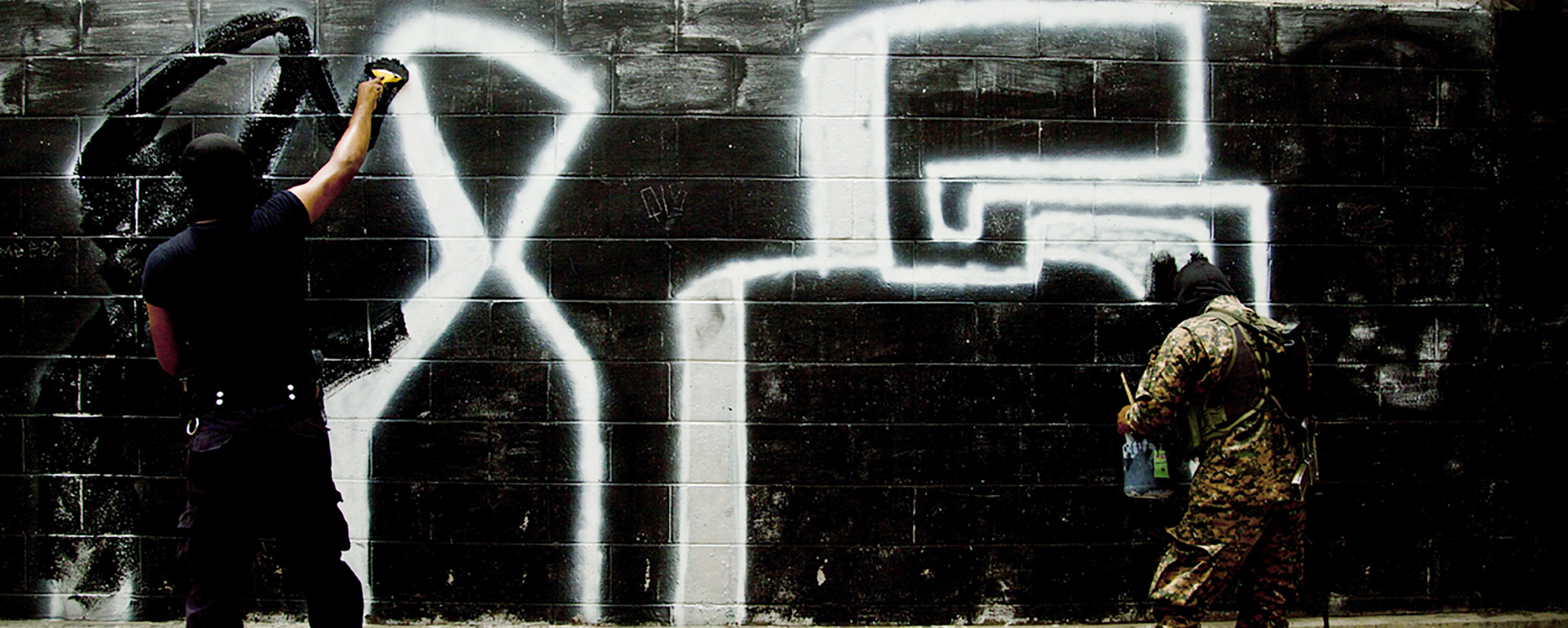The visible absence of gang structures in many Salvadoran communities is big news for every Salvadoran, particularly those who have lived under siege by these criminal groups for decades. The dismantling of gangs has enormous life-changing potential for the country.
During all these years, gangs evolved from marginalized youth groups to organized criminal structures that competed with the state for control of a significant part of the country and, more importantly, the population. This is a reflection of how the political elite we inherited from the Civil War failed the citizens.
Gangs were a byproduct of a broken, traumatized society abandoned by a ruling class that saw them for years as a political problem, only to instrumentalize them and turn them into strategic allies in their quests to retain power. The same goes for the current government, which turned to a clandestine dialogue with gang leaders to reduce homicides in its first three years.
El Faro confirmed that thousands of gang members are in disarray, their structures severely weakened and their presence minimal or null in territories they controlled for decades.
But in order for that to happen, we’ve had to give up our imperfect democracy, built after 100,000 deaths and thousands of disappearances during the armed conflict.
El Salvador has turned all the power over to one person, President Nayib Bukele. He already manipulates the whole system and is not bound by accountability. If a democracy consists of people delegating power to a government and holding it responsible for its actions, then under this authoritarian regime it is the ruler who decides what to do and what to tell us.
For the majority of Salvadorans, democracy lost its meaning after failing to solve the country’s most urgent problems — among them, chiefly, the insecurity and terror caused by the gangs. For decades, democracy was an abstract concept —if even that— for the working class of El Salvador. Gangs, on the other hand, were a daily, crushing presence.
Scenes witnessed in recent weeks by El Faro reporters speak to a new, unknown life for thousands who can cross streets, talk to neighbors, and move on with their lives without gang members subduing them with a gun to their heads. This is, undoubtedly, an extraordinary change.
But it’s worth remembering that gangs weren’t born out of thin air. They were the crudest, most violent expression of a broken, corrupt society, one that gives limited opportunities to most of the population. It is a society marked by poverty, inequality, the impossibility of social mobility, lack of access to fundamental services like health, education, adequate housing, and jobs, and the nonconservation of precarious natural resources.
Those conditions haven’t changed. The current government has no plan for such structural changes capable of shedding the conditions under which these ghoulish expressions started. The fertile soil that allowed gangs to spawn and take root in the underprivileged barrios of most of El Salvador are still there. Repression is not a sustainable solution.
The Bukele regime went from negotiating with organized crime to repressing it only when the pact fell apart. The Army and the Police swept through communities under a state of exception that allowed them to act like prosecutors and judges and arrest without a warrant any citizen they considered a suspect.
Human rights violations have been massive. Thousands of innocents languish in overcrowded prisons. Scores have died in pre-trial detention. Meanwhile, the president boasts of a giant, newly-built jail by a handpicked building company that was given a contract with no contest.
We Salvadorans gave up the rights of presumed innocence, legal counsel, fair trial, and to institutions that punish government abuses. We gave up the rule of law that comes with abiding by laws and the Constitution. We gave up freedom of expression, freedom to dissent, separation of powers, transparency in public finances, and mechanisms to fight corruption. We gave up alternation of power. We’re back to corrupt chieftainship.
The visible absence of gang structures, for the first time in a long while, is a fundamental change in the life of thousands of Salvadorans. But the price we’ve had to pay for it is sky-high. The cure could be as harmful as the disease.

